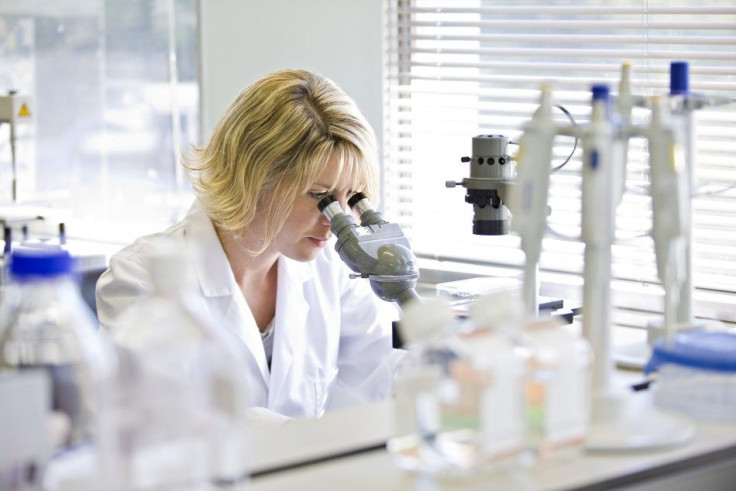Eggs To Deliver Drugs That Treat Cancer, Hepatitis

Japanese researchers have discovered a way to genetically imbibe disease-treating drugs in hen eggs to help fight serious illnesses like cancer and hepatitis.
This method of mass production of pharmaceuticals and by extension, mass treatment, has been the topic of debate for decades now.
Bringing this idea closer to reality, Japanese researchers from National Institute of Advanced Industrial Science and Technology have taken a protein related to the immune system named "interferon beta" — used in the treatment of malignant skin cancer and hepatitis, as well as for virus research — and introduced it in eggs using genome editing technology.
By generating this drug in hen eggs, they hope to heavily cut costs of the drug which currently sells for up to $888 for a few micrograms.
A research team consisting of AIST Kansai, the National Agriculture and Food Research Organization in Ibaraki Prefecture and the reagent import and sales firm Cosmo Bio Co. in Tokyo achieved this by introducing genes that produce interferon beta via genome editing technology into cells that are precursors of chicken sperm, a Japan News report said.
The "super sperm" was then used to fertilize eggs and create hens which inherited those genes, meaning the birds were able to lay eggs containing the disease-fighting agent.
Researchers confirmed that in late July at the company’s breeding facility in Hokkaido, chickens with modified genes laid eggs, which contained interferon beta in the whites of the eggs. Currently, three females are each laying eggs every one or two days, the report said.
Successfully introducing an expensive drug in a self-replicating organic model will bring down the cost of production and the eventual price of the drug.
This method could prove pivotal in cost-reduction, and an innovative future drug administration method, says the team.
There are multiple ways to successfully implement this same technology to a plethora of drugs and food items, eventually treating illnesses with food.
The team has lofty ambitions for this project. The drug will be sold to pharmaceutical companies. This will halve the price of the drug in the market opening it up for a lot more people. They hope that companies will use this as a guideline to perform tests and studies to try and implement this treatment method commercially.
However, strict regulations are in place in Japan for introducing a new pharmaceutical product. It takes years of trials and testing for the government to approve the sale of a new treatment alternative to the public.
The team hopes that this will be overshadowed by the positive effects of this new method of drug administration. The drug has the ability to cut costs immediately by up to 10 percent. If the process is successfully integrated in food production, they hope that the cost can be whittled down further. Over time, they hope to bring down treatment costs of these diseases substantially.
© Copyright IBTimes 2024. All rights reserved.





















